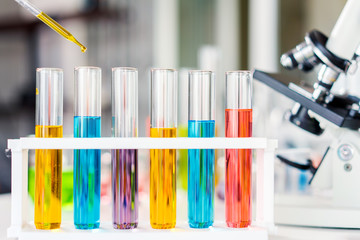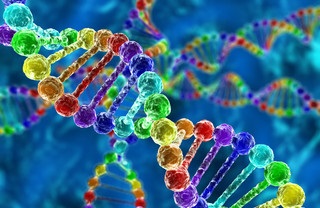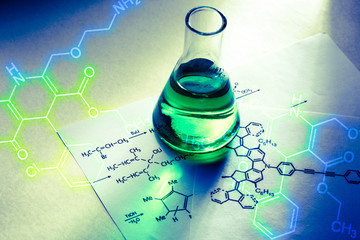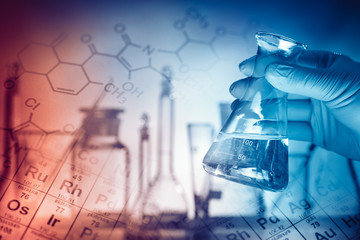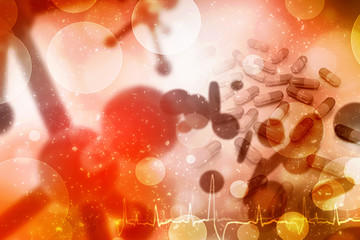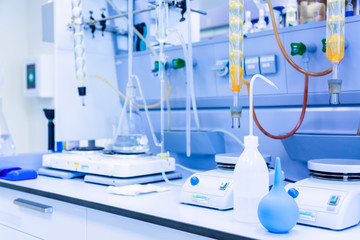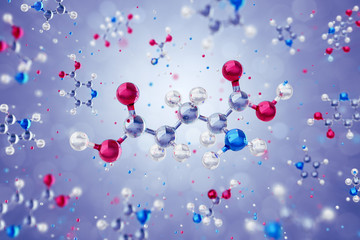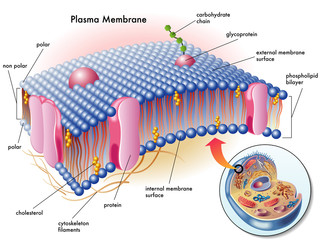Showing 1-9 of 11 results
Academy Europe Chemistry Courses
THE TRICARBOXYLIC ACID CYCLE, ELECTRON TRANSPORT CHAIN, AND OXIDATIVE METABOLISM
TCA cycle provides building unit i.e., acetyl-CoA meant for MVA pathway (McGarvey & Croteau, 1995) whereas, glyceraldehyde-3 phosphate, a precursor molecule for MEP pathway is derived from Calvin cycle, thus, carbon metabolites might influence the expression of the MVA and MEP pathway genes for terpenoid biosynthesis. Certification Academy Europe presents…
Glycolysis
Glycolysis is the first step in the breakdown of glucose to extract energy for cellular metabolism. Glycolysis consists of an energy-requiring phase followed by an energy-releasing phase. https://youtu.be/Wo22xuChBcE Certification Academy Europe presents high-quality formal diplomas, certificates and e-certificates which are formal proof and recognition of accredited online courses. It shows all…
Protein Structure and Function
Protein Structure and Function https://youtu.be/Wo22xuChBcE Certification Academy Europe presents high-quality formal diplomas, certificates and e-certificates which are formal proof and recognition of accredited online courses. It shows all student’s abilities to learn and achieve high results and is very useful to promote personal career including with CVs, job applications and…
Organic Chemistry Basics
Organic Chemistry Basics https://youtu.be/Wo22xuChBcE Certification Academy Europe presents high-quality formal diplomas, certificates and e-certificates which are formal proof and recognition of accredited online courses. It shows all student’s abilities to learn and achieve high results and is very useful to promote personal career including with CVs, job applications and self…
The Chemistry of Carbohydrates
Carbohydrates (also called saccharides) are molecular compounds made from just three elements: carbon, hydrogen and oxygen. Monosaccharides (e.g. glucose) and disaccharides (e.g. sucrose) are relatively small molecules. They are often called sugars. Other carbohydrate molecules are very large (polysaccharides such as starch and cellulose). https://youtu.be/8Q4toJyrgKU Carbohydrates are: a source of energy for…
Bioseparations Engineering
Bioseparations engineering refers to the systematic study of the scientific and engineering principles utilized for large-scale purification of biological products: biopharmaceuticals, biochemicals, foods, nutraceuticals and diagnostic reagents. Bioseparations engineering, both as an academic topic as well as an industrial practice has undergone significant growth and increase in importance in the…
Amino Acids and Proteins
In the human organism, proteins undertake multiple and vital functions. Structural proteins are found in each and every cellular compartment. Intracellularly, motor proteins power the energy-dependent transportation of vesicles. Signal proteins receive and transmit information. Transport and storage proteins bind, for example, oxygen, and carry it to a location where…


